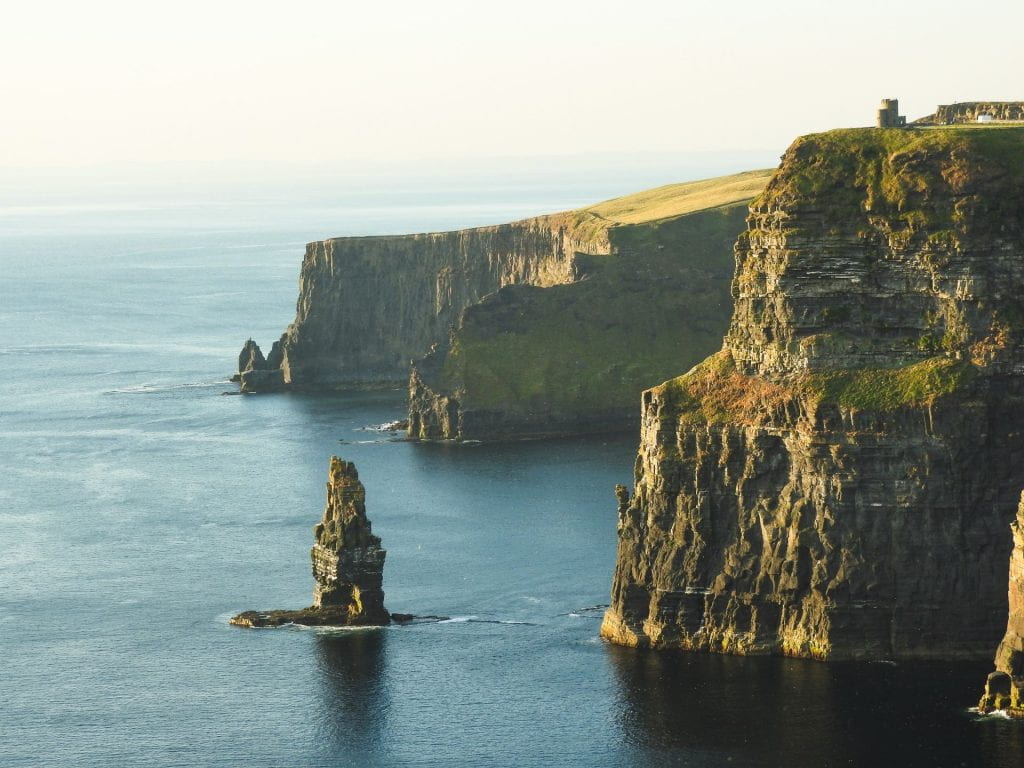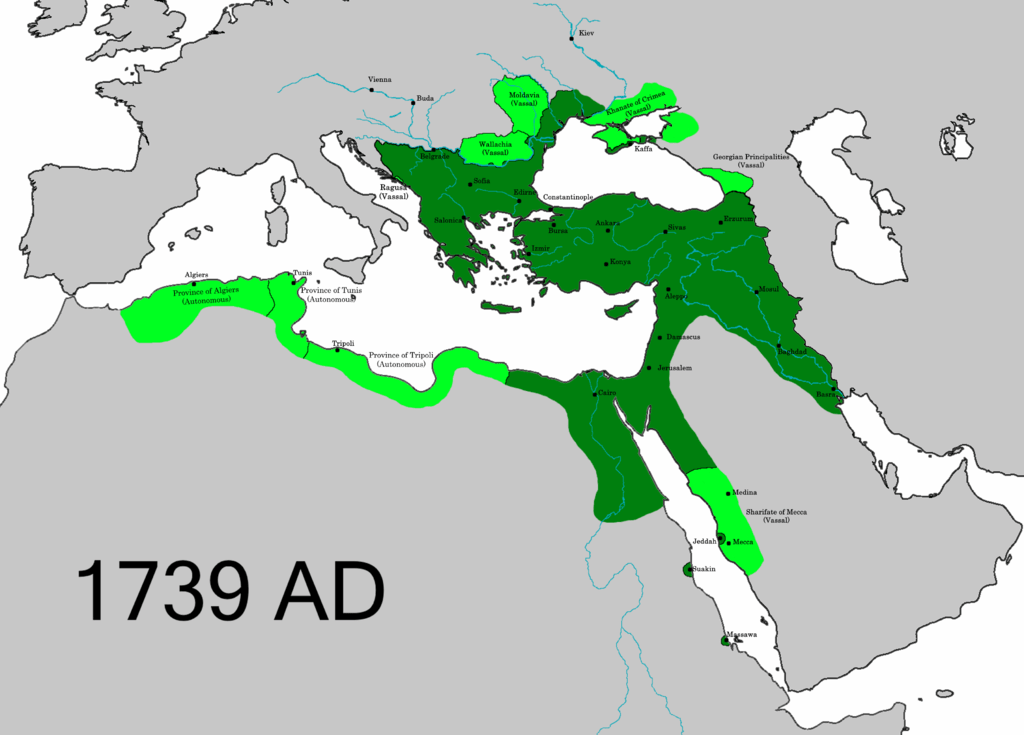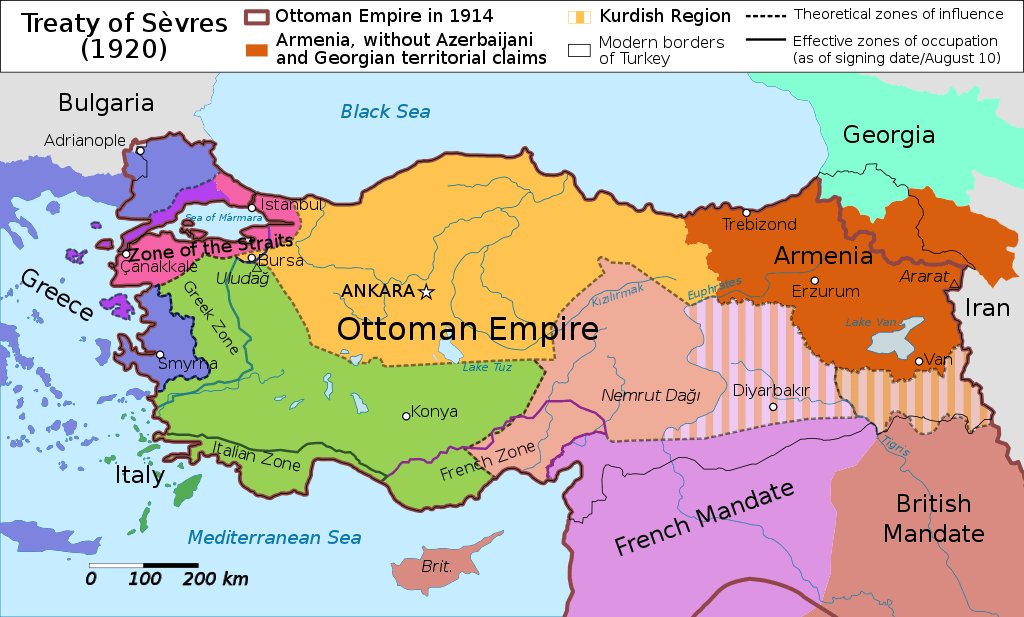By Yael Velvel, MA Media and Strategic Communication ’23

The Netherlands has historically served as a humanitarian home for political and religious refugees. Following the Second World War, the country recognized the need for a strategic alliance with its neighboring countries in order to preserve this identity, and became a founding NATO member in 1949. Despite the Netherland’s size, it took on an unusually large role in preserving peace and international order for the new alliance of nations.
While Russia portrays the Ukrainians as a Nazi-infested government, the Ukraine’s goal to elicit Western support prior to Russia’s invasion has proven fruitful in the West. Unsurprisingly, the Netherlands’ diplomatic narrative stands in solidarity with Ukraine, the EU, and NATO, and in stark opposition to that of Russia.
As Russia loomed outside of Ukraine in February, 2022, threatening to invade, Dutch Prime Minister of the Kingdom of the Netherlands Marke Rutte met with Ukrainian President Volodymyr Zelenskyy in Kyiv to celebrate the upcoming 30th anniversary of the establishment of diplomatic relationships between the two countries. Together, they expressed ongoing support for mutual interests – a key strategy of Ukraine’s to elicit support and legitimize its democracy in the eyes of the West. In a joint statement, Prime Minister (PM) Rutte expressed his unwavering support for Ukraine in its efforts to combat Russian aggression at its borders, and both leaders emphasized the importance of a peaceful solution. PM Rutte vocalized his appreciation for Ukraine’s allied efforts and supported Ukraine’s EU aspirations.
The Netherlands echoed the EU and NATO’s contestation of Russia’s narrative. In their official statements, the Dutch government framed the conflict as an illegal act of aggression and an attack on Western Europe’s democratic values. It is an open contestation of Russia’s narrative, which argued that their invasion is a strategic military operation to free the Ukranian people of a fascist, Nazi regime, and expressed its desire to re-absorb the nation into Russia. NATO’s official statements framed the invasion as an attack on democracy and internationally recognized borders. In her first statement following the invasion, EU President von der Leyen framed the invasion as an attack on Europe, European stability, and international peace.
The Dutch statement on PM Rutte’s visit with President Zelenskyy underscored the nations’ concurrent values and identity narratives. In their meeting, the two leaders underscored that their alliance is based upon “shared values and principles of freedom, democracy, rule of law and respect for human rights”. These values are part of the Netherlands’ core identity as a liberal democracy, and the statement evidences the Ukrainian government’s commitment to instilling these values into the identity of their own young nation. Even more, it demonstrates Ukraine’s attempt to raise its status in the new global order. Dutch support for Ukrainian resistance to an invading nation also taps into their own historical identity: the Dutch, although swiftly defeated by German forces, were committed to resisting foreign occupation during the Second World War.
When Russian forces invaded Ukraine, the Netherlands joined their defensive allies, the United Kingdom and Canada, in releasing a joint statement. The trilateral statement condemned Russia’s violations of international law and reiterated their unwavering support for Ukrainian resistance. As a member nation of the EU and NATO, the Netherlands’ statements closely resemble the rhetoric and stance of the EU and NATO in combating Russian aggression and supporting Ukraine. The Netherlands underscored in the trilateral statement the importance of humanitarian action to protect Ukraine’s most vulnerable populations: women, children, and the elderly. Its identity as an EU and NATO member nation is also demonstrated in the trilateral statement with its strategic defense partners, the United Kingdom and Canada. The three NATO nations’ shared identities as free, democratic nations and history as cooperative allies during WWII undoubtedly influenced their commitment “to sustain and coordinate the political, humanitarian, economic and defence support that is so vital for a free and independent Ukraine.”
Dutch membership of NATO and the EU demonstrates cohesiveness between national identity narratives and global system narratives. The Netherlands’ joint statements with President Zelenskyy, and the U.K. and Canada, tap into the core qualities of NATO and EU: the importance of democracy, independent sovereignty, and peaceful resolution; as well as NATO and the EU’s desire to preserve Ukrainian sovereignty.
NATO and the EU operate as global peace keepers, and proponents of democracy and liberal society. Following the Cold War, the EU’s primary strategy to stabilize Europe was to expand its membership and encourage neighboring nations to adopt EU values. Although Ukraine is not an EU member, it has made its intentions to join the EU exceptionally clear. The EU has not been unsupportive of Ukraine’s intentions, but has expressed that certain reforms must be put into place before Ukraine has the strength and values of an EU member nation.
Moreover, the Netherland’s individual statements are strategically aligned with the narratives of Ukraine, NATO, and the EU in stark contestation to Russia’s. Given the Netherland’s historic ties to NATO and the EU, it is highly unlikely they will stray from the approved messaging frame, and will continue to be a cooperative player in the war against Russia.
For more on the topic by the author, please click here.
The opinions expressed in this blog are those of the author. They do not express the views of the Institute for Public Diplomacy and Global Communication or the George Washington University.




